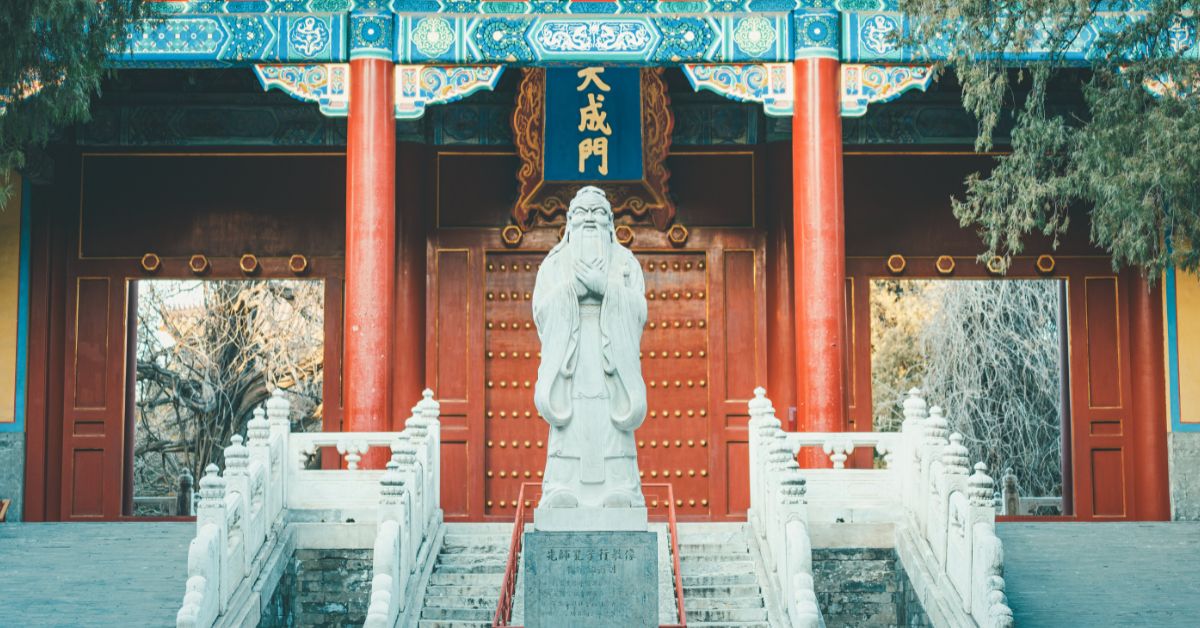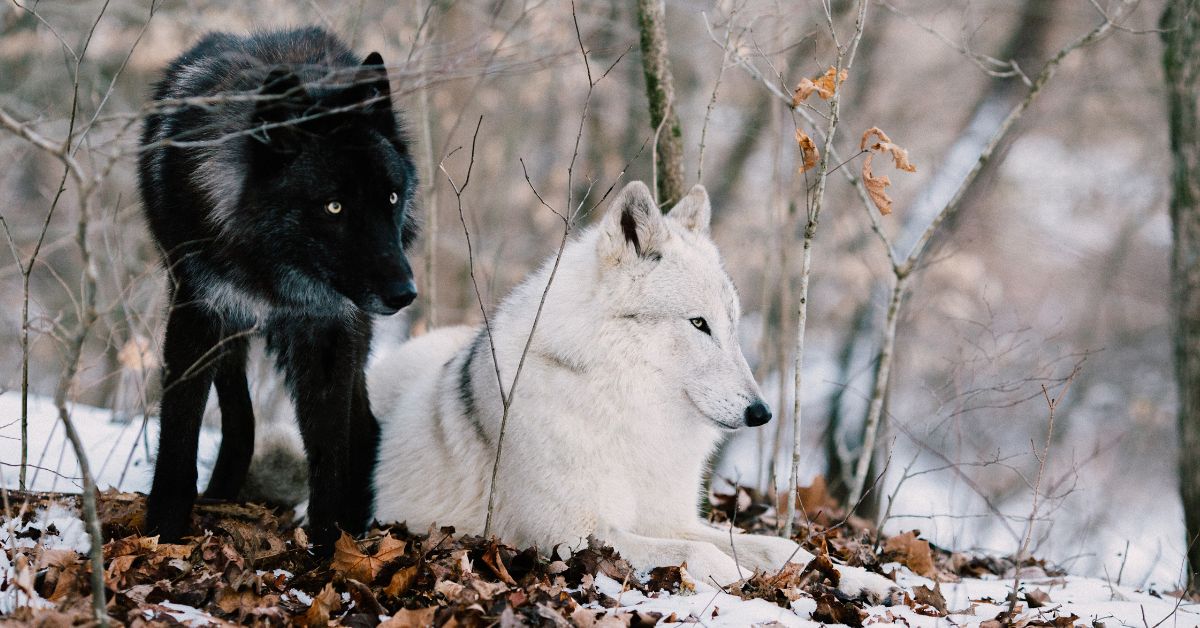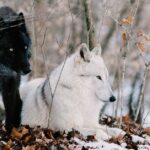Outline:
- A Knowledge Older Than Books
- Relationship, Not Ownership
- The Language of Land and Silence
- Cycles, Seasons, and the Sacred
- Modern Amnesia and Ancient Memory
- Remembering What Was Never Lost
- FAQs
A Knowledge Older Than Books
Long before maps were drawn or cities rose, long before scientific language tried to explain the world, there were people who lived in rhythm with the earth. They watched the migration of birds, the swell of rivers, the medicine in leaves. Their stories were woven into the wind, their prayers spoken in firelight, their science carried in the bones of animals and the hush of the forest.
This is Indigenous wisdom—a body of knowledge not written in textbooks, but lived in relationship. It is passed down not through theories, but through ceremony, storytelling, and deep observation. It is not about control over nature—but communion with it.
And today, as the world reels from disconnection and ecological crisis, this ancient wisdom still speaks. If we are willing to listen—not as tourists, but as students—it has much to teach us.
Relationship, Not Ownership
One of the most profound differences between Indigenous worldviews and dominant Western models is how the land is perceived. In Indigenous traditions across continents—from the Navajo to the Sámi to the Aboriginal peoples of Australia—the earth is not a resource. It is a relative.
The forest is not timber. The mountain is not real estate. The river is not property.
They are kin. Alive. Inhabited by spirit and story.
With that recognition comes responsibility. Not to extract, but to protect. Not to dominate, but to participate. The land gives, and in turn, the people give back—not out of charity, but out of a deep understanding that survival is mutual.
This shift—from ownership to relationship—is not just ecological. It is deeply spiritual. And deeply wise.
The Language of Land and Silence
In Indigenous cultures, knowledge is often carried in story, in song, in symbol. But perhaps the most overlooked teacher is silence. The kind of silence that comes not from absence, but from presence. From listening—not just with ears, but with attention and humility.
A Lakota elder once said, “Be still and the earth will speak to you.”
This is not metaphor. It is instruction.
The wind tells of approaching weather. The behavior of animals reveals shifts in the environment. The growth of certain plants indicates change in the soil. These are not mystical messages—they are forms of intelligence the land offers to those who learn to observe without assumption.
Modern science is only beginning to rediscover what Indigenous people have known for generations: the earth is not silent. We have simply forgotten how to listen.
Cycles, Seasons, and the Sacred
Western time is linear. It moves forward, always faster, never pausing. But Indigenous time is circular. It follows the arc of the sun, the return of the rains, the dance of constellations across sky and season.
This cyclical view of time brings a kind of wisdom that honors patience, renewal, and rhythm. It reminds us that growth takes time. That rest is not laziness, but law. That endings are also beginnings.
In many Indigenous teachings, the sacred is not somewhere else. It is here. In the stone, in the stream, in the breath you just took. Spirituality is not separate from daily life—it is woven into every act of tending, gathering, hunting, singing, or healing.
To live wisely is not to transcend the world—but to live more fully within it.
Modern Amnesia and Ancient Memory
Modernity, for all its innovation, suffers from a kind of amnesia. It forgets the soil beneath the concrete. It forgets the sky above the skyscrapers. It forgets that we are not above the ecosystem, but inside it.
Indigenous wisdom is not primitive—it is precise. It knows which plants cure, which roots nourish, which rhythms heal. It knows because it watches, waits, and respects what it cannot rush or own.
To listen to Indigenous cultures is not to romanticize or steal. It is to honor. To unlearn. To walk differently. It is to remember what was never truly lost—just buried beneath the noise.
Remembering What Was Never Lost
The wisdom of Indigenous cultures does not need to be invented. It only needs to be respected and remembered. It offers a way of seeing the world not as a machine to be optimized, but as a living web to be respected.
In a time when we’re taught to conquer, consume, and move faster, Indigenous teachings whisper another way: to belong, to steward, to listen.
We may not all share the same ancestry. But we all share the same earth.
And wisdom begins—not when we master it—but when we kneel in its presence, open our hands, and say quietly,
“Teach me.”
FAQs
Is Indigenous wisdom relevant in the modern world?
Absolutely. Its teachings on balance, sustainability, and respect for life are urgently needed in today’s fast-paced, disconnected culture. These ways of knowing offer grounded perspectives on living in harmony with nature and with each other.
How can I learn from Indigenous traditions without appropriating them?
Approach with humility, not entitlement. Listen to Indigenous voices. Support Indigenous authors, educators, and community leaders. Learning should be rooted in respect, not consumption.
What does it mean to “listen to the land”?
It means slowing down, observing patterns, respecting nature as alive and intelligent. It means tuning in—not just with the mind, but with heart and attention—to the world that surrounds and sustains you.








